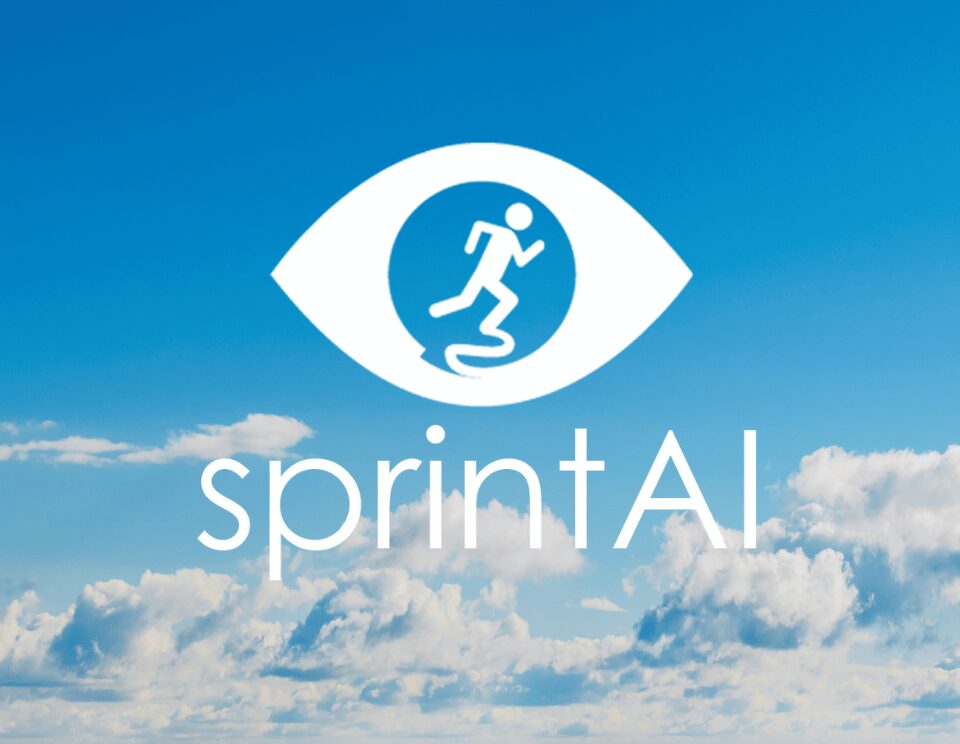Introduction
When conducting research – whether commercial, medical, academic, or social – gaining ethics approval is often a critical step. Ethics approval ensures that research is conducted responsibly, safeguarding participants’ rights, privacy, and wellbeing.
If your study involves human participants, it’s crucial to know when ethics approval is required, how to obtain it, the costs, the timeline, and how to navigate the process. This can save time, prevent delays, and protect brand reputations.
In this article, we’ll break down the essentials of ethics approval, offering practical advice to help you plan effectively and meet your research project’s ethical requirements with confidence.
What is “ethics approval”?
Ethics approval is when a research project goes in front of an ethics board to check that human research is conducted in a way that protects the rights and welfare of the participants in the research activities.
When might you need to gain ethics approval?
You are likely to need to get ethics approval when the research involves more than minimal risk. A great example of this is over-the-counter (OTC) research projects where there may be an active ingredient. Whether the products involved in the study are already in-market or if they are new prototypes, you will likely have to apply for ethics approval. Your partner research agency or an ethics board should be able to advise you if ethics approval is needed for each research project.
How to set up ethics
You have two options for handling the ethics approval process: you can manage it yourself by directly contacting an ethics body, or your partner research agency can assist you with the process. The key point is that ethics approval must be obtained before you can begin the project. It’s crucial to finalise all details before starting the submission process, as making amendments after submission can lengthen the approval timeline and increase costs.
Ethics boards primarily want to know the following:
- Who the participants in the study are
- How participants will be recruited
- How communication will be managed throughout the study
- How consent will be obtained, and participants’ safety prioritised
- What participants will be asked to do
- What participants will see and receive
- What qualifications the individuals responsible for the research and participant safeguarding have
How long does an ethics review take?
The time required to gain ethics approval depends largely on the type of products being tested and whether the participant population is considered “vulnerable”. However, one of the most critical factors is whether all required paperwork is provided and completed correctly. As a general guide, if the products are already available on the market and the study involves a non-vulnerable population, approval typically takes around 3–4 weeks – provided that any feedback or document changes can be actioned and signed off quickly. To be cautious, if multiple stakeholders are involved and sign-off or document revisions take longer, the process may extend to 5–6 weeks.
How much does it cost?
Again, costs can vary between projects, but generally, the more amendments, document re-reviews, and re-submissions required – often due to changes in project protocols or incomplete paperwork – the higher the overall cost. Taking the advice of ethics boards early in the process can save both time and money. As a rough guide, fees paid directly to ethics boards typically range from £700 to £5,000 or more, depending on the nature of the project and the region. In addition to financial costs, the process can be time-consuming, with a significant amount of effort needed to collate paperwork and manage communications with the ethics liaison.
Are there any efficiencies?
Absolutely! Sticking with the same ethics board – one you’re familiar with and confident in – can significantly save both time and money. Knowing what a particular board expects and how to meet their requirements makes each new project smoother and more efficient. For example, using a consent form that has previously been approved and simply updating it for each new project can save considerable time and avoid costly redrafts.
Being able to reference past projects that successfully passed with the same board can also provide helpful context and speed up the approval process. Building strong relationships with the board’s consultants is invaluable, too; the process can be complex, and being able to jump on a call for quick clarification on amendments and next steps helps keep everything moving efficiently.
Tips for a smooth process
1. Know about your recruitment criteria
2. Cut the jargon
Consent forms are often the biggest challenge during ethics reviews. In many of the OTC projects we work on, consent forms include significant medical jargon and detailed conditions. However, the most important aspect of informed consent is ensuring that participants genuinely understand what they are agreeing to, regardless of their literacy level. Ethics boards need to be confident that participants can easily comprehend all information before providing consent.
This is also why parental or carer consent forms are required when participants are unable to consent for themselves. Additionally, the use of legal jargon is closely scrutinised. If an ethics board identifies any language suggesting participants are waiving their rights or that the research funder is avoiding full legal responsibility, it will raise serious concerns and almost certainly require a redraft.
3. Use a template
Most ethics boards provide a recommended consent form template, which can differ significantly from your usual ICFs. While it might require some adjustment, using their template can save a lot of time during the review process. This is another reason why it’s beneficial to become familiar with a particular board’s preferences and continue working with them for future projects. Once you understand exactly what they need and how they want it presented, you can streamline approvals and avoid unnecessary delays.
4. Consumer clarity
Consumers must fully understand the purpose of the research, the scope of the study, what they will be asked to do, any potential risks involved, how their data will be used, and how long it will be stored. Additionally, they should have access to contact details for reporting any issues and be clearly informed of their right to withdraw from the study and have their data removed at any time.
In Summary
In summary, the ethics approval process is essential for ensuring responsible and compliant research. By understanding the specific requirements of the ethics board, setting clear recruitment criteria, and using recommended templates, you can streamline the approval process and avoid delays. Building familiarity with the board’s preferences and maintaining clear communication will help make future projects more efficient. Careful planning and attention to detail can save both time and resources while protecting participants’ rights.
If you need guidance or support with navigating the ethics approval process, don’t hesitate to contact Francesca Hipperson by email: [email protected]. As market research agency experts, we can help ensure your project meets all necessary requirements and moves forward smoothly and efficiently.




Stay In Touch